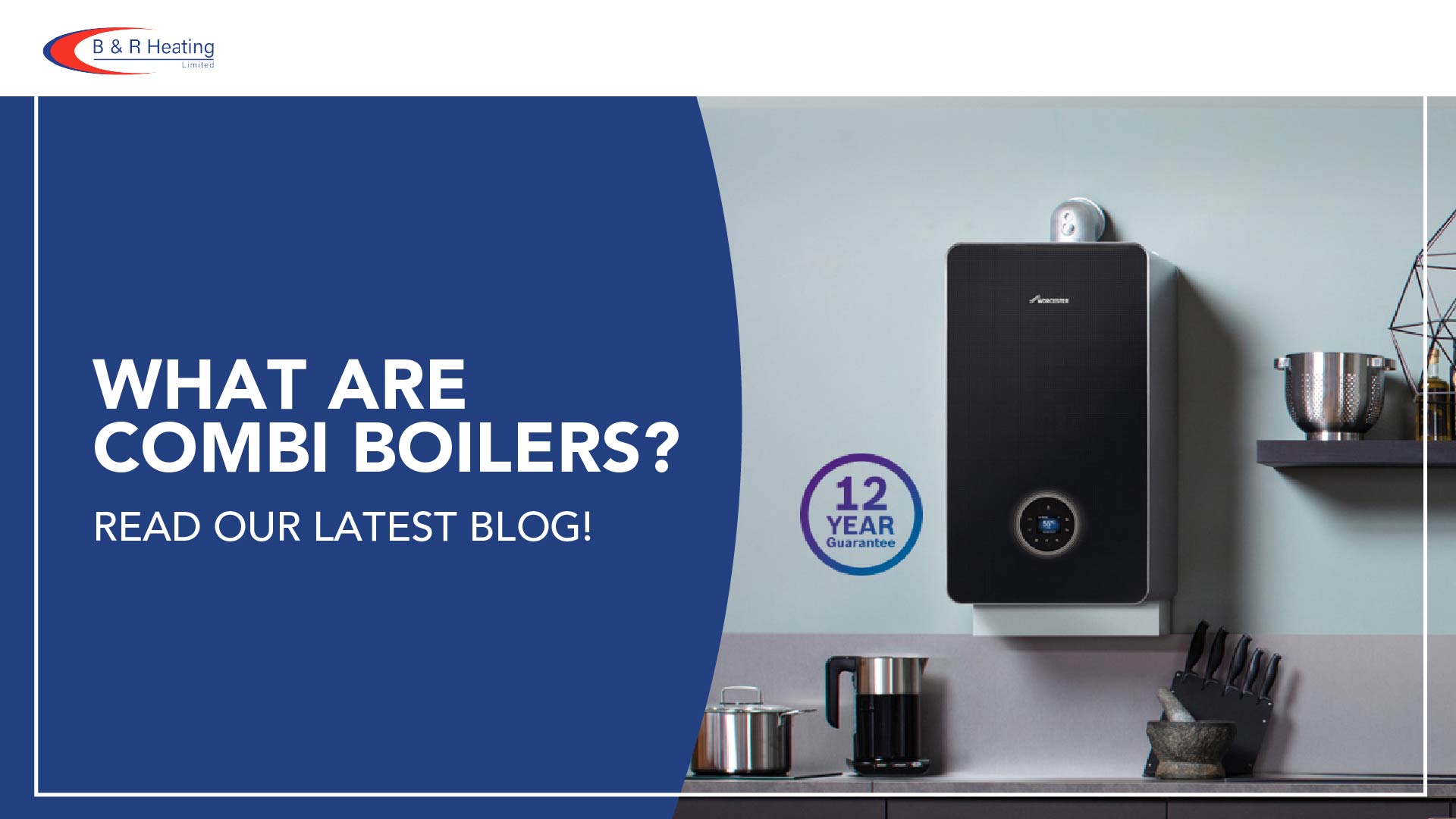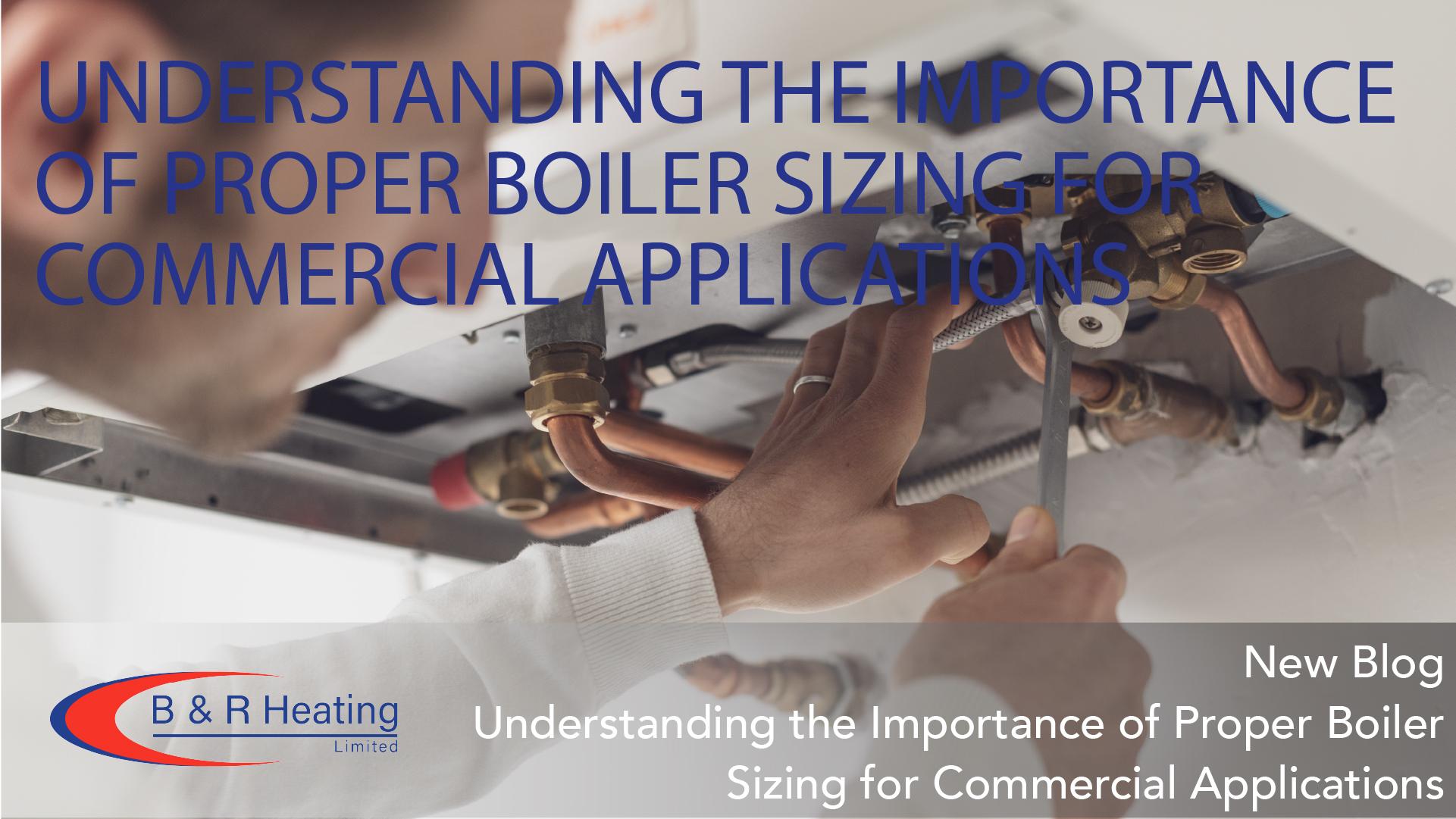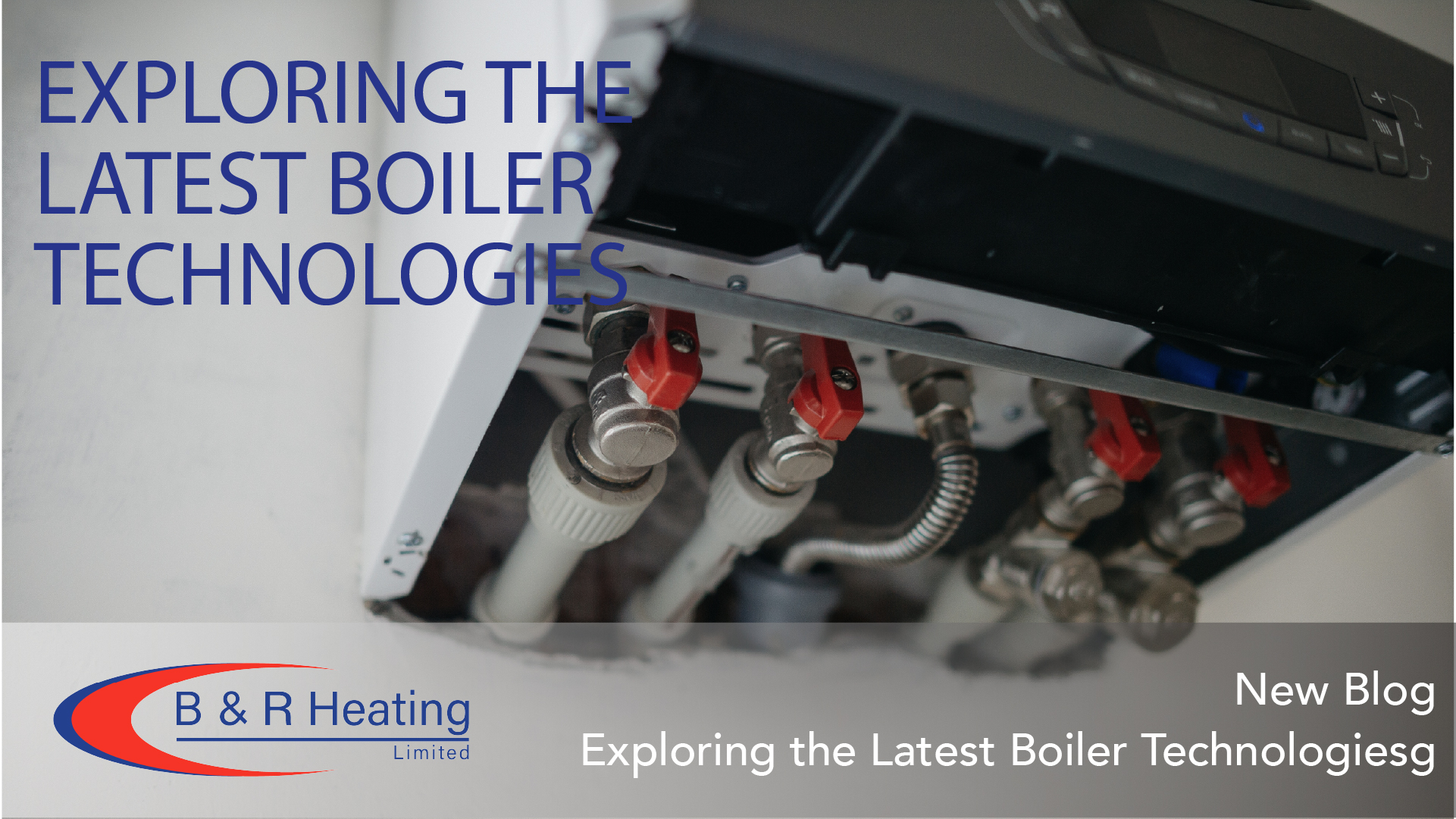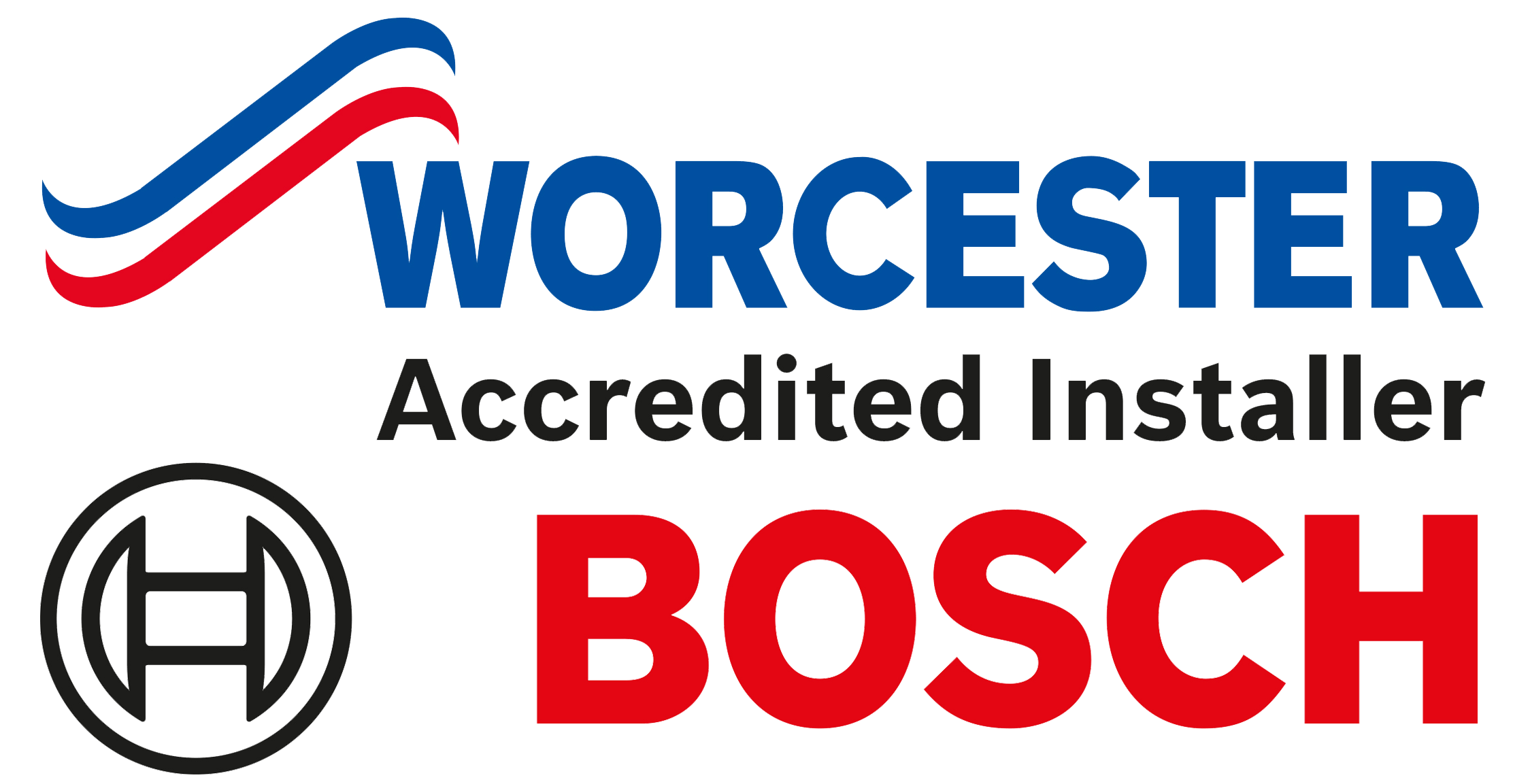Combination boilers (often referred to as combi boilers) are commonly used as part of a heating and hot water system in modern homes. But how do they work and should you consider having one installed?
How does a combi boiler work?
Combi boilers heat water straight from the mains when initiated by a hot tap being turned on. This works by extracting latent heat from the flue gases being burned within the boiler. The heat is transferred from the flame to the primary circuit, which is then used to heat the radiators or tap water via a plate heat exchanger. Some combi boilers might store a small amount of pre-heated water to improve efficiency, this is kept at the desired temperature until it is needed.
What are the benefits of a combi boiler?
Combination boilers are the most efficient of the boiler types, heating water as and when needed. When a combi boiler is maintained and serviced correctly, it can achieve an efficiency of over 90%, which can help to lower the cost of household bills.
As well as their incredible efficiency, combi boilers are the most compact boiler option. No additional storage tanks are required as the water is heated straight from the mains to the tap. This makes it the perfect choice for homes with little or no loft space. Many modern units have a very sleek design, meaning they don’t look out of place amongst other appliances such as refrigerators or dishwashers. Without the need to keep the boiler in the loft, you don’t have to worry about freezing pipes or losing your potential loft conversion.
Fewer components also mean that combi boilers are faster and cheaper to install. With a cheaper installation and lower running costs, these boilers are the most cost-effective option.
Because the hot water is delivered from the mains, not a separate tank, the water pressure is maintained. This allows for a high power shower without the need for a separate pump.
What should you consider when purchasing a combi boiler?
Combination boilers might not be suitable for every household, so it’s best to consider your options when choosing your new boiler. If your home is quite large, it might not be the best option for you. There is a lower limit for the amount of hot water that can be provided at any given time, meaning it is less effective when using multiple outlets at the same time. Many modern homes are suitable for a combi boiler installation, however, if your home has multiple bathrooms it will likely require a higher hot water production rate than a combination boiler can provide. In larger homes with multiple bathrooms, a system boiler is a more appropriate option as it has an external hot water storage tank.
Combination boilers also require a good mains water pressure to function efficiently. Without a high pressure, the water pressure could drop quite drastically if multiple outlets are turned on at the same time (e.g. multiple taps and/or showers). Again, this water pressure can drop more severely in larger homes with a more complex plumbing system, so bigger homes are better suited to other types of boilers.
What are the other types of boilers?
If your home isn’t suitable for the installation of a combination boiler, there are two other options for you to consider.
Regular Boilers
Regular boilers are sometimes referred to as traditional, conventional, or heat-only boilers. These boilers are typically found in older homes and are best suited for buildings with an existing traditional heating and hot water system. If your home has an older radiator system, a regular boiler might be the best option for you. This is because older radiators often can’t cope with the higher water pressure produced with more modern boilers such as combi or system boilers.
Regular boilers are also more suited to homes with two or more bathrooms as the water pressure isn’t affected by the heating system. Newer boilers may be more cost-effective, however, these boilers can be relatively low cost if the pressure is kept low. Unlike combi boilers, conventional boilers require two additional tanks for water storage, therefore, they do take up a lot more space (commonly in the loft).
System Boilers
System boilers only require one additional tank for hot water storage, this tank can be stored anywhere in the home. Because this tank doesn’t need to be stored in the loft, this is an option for homes with little or no loft space. The major heating elements are stored in the boiler itself, making it faster and less costly to install than a regular boiler. Both regular and system boilers are compatible with solar water heating systems, which can contribute to a lower carbon footprint as well as lower running costs.
If you’re thinking of having a combination, system or regular boiler installed, feel free to reach out to our team to discuss your options. We can help you choose the best boiler for your home. Give us a call on 01752 695050, fill out our contact form, or get an instant quote here. We have flexible finance options available, so there’s no need to worry about not having the funds right away.









